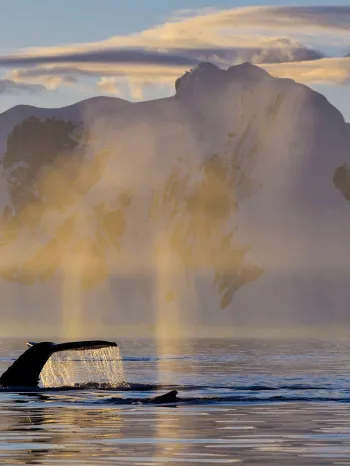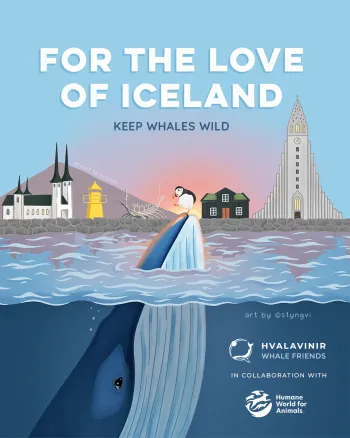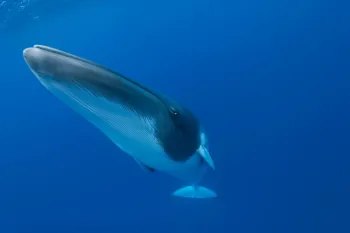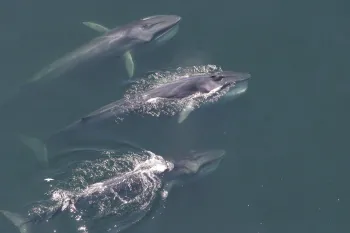Iceland is one of only three countries in the world – together with Norway and Japan- to continue commercial killing of whales. Iceland left the International Whaling Commission in 1992 but rejoined in 2002 under a 'reservation’ or exception to the global moratorium. It has continued to openly defy the ban ever since, claiming it is permitted to do so but nonetheless undermining both the IWC and CITES, which restricts the commercial trade in whale products.
Since re-joining the IWC, Iceland has killed more than 1,500 whales, including endangered fin whales. In 2018, among the 146 fin whales Iceland killed was a pregnant female and a rare fin-blue hybrid whale; six minke whales were also killed that year.
For years, Iceland’s commercial whaling activity has been conducted by just one whaling company, Hvalur hf., run by owner and CEO Kristján Loftsson. More recently in December 2024, permits for fin and minke whale killing were issued for 2025-2029 by Iceland’s then interim ‘caretaker’ government; another whaler, named Gunnar Torfason, declared he planned to hunt minke whales to supply tourist restaurants in the country. However, thus far no more minke whales have been killed.
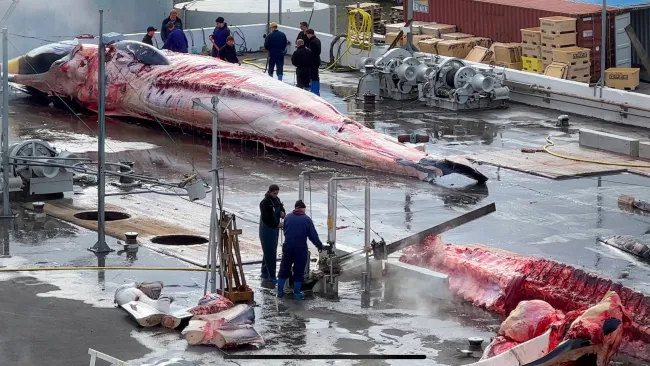
Last Whaling Station
Whales suffer terribly
In 2023, a damning report by the Icelandic Food and Veterinary Authority concluded that commercial whaling is not consistent with the country’s animal welfare law. Its observation of whale killing footage taken onboard was that 41% of whales suffered prolonged deaths, on average taking 11.5 minutes before dying, while some took up to two hours to die, in contravention of Iceland's Animal Welfare Act.
More than one quarter of the whales were harpooned twice before eventually dying. The report also showed that most whales killed (73%) were female, 11 of whom were pregnant and one lactating, meaning her dependent calf will have perished at sea without her.
Most Icelanders don’t eat whales or support whaling
The majority of people in Iceland don’t eat whale meat, in fact surveys suggest less than 2% of Icelanders eat it. Recent polling in 2025 also indicates that 51% of Icelanders are dissatisfied with the whale hunting permits issued by the caretaker government and 44% support a legislative ban on whale hunting.
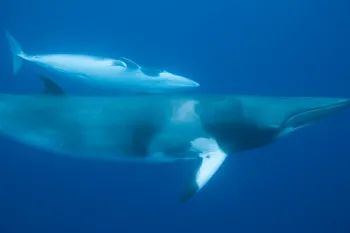
Adrian Baddele/istock
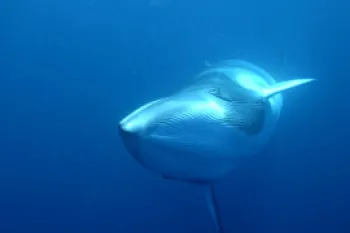
Daniel Benhaim/istock
Foreign tourists urged to watch whales, not eat them
The vast majority of whale meat consumed in Iceland is eaten by international tourists to whom it is misleadingly marketed as an Icelandic delicacy. If the tourist restaurants in Iceland stopped serving whale meat and foreign tourists stopped eating it, the market for whale meat in Iceland would virtually disappear. By contrast, responsible whale watching in Iceland generates millions of dollars each year in a growing and profitable industry that is directly jeopardised by continued whale hunting.
Iceland’s population is fewer than 400,000 people while the number of foreign visitors reached nearly 2.3 million in 2024, so the whale consumption choices of tourists have a huge impact on whales. By far the biggest percentage of foreign visitors to Iceland come from the United States, with the United Kingdom second, Germany third and China fourth. See full tourist data here.
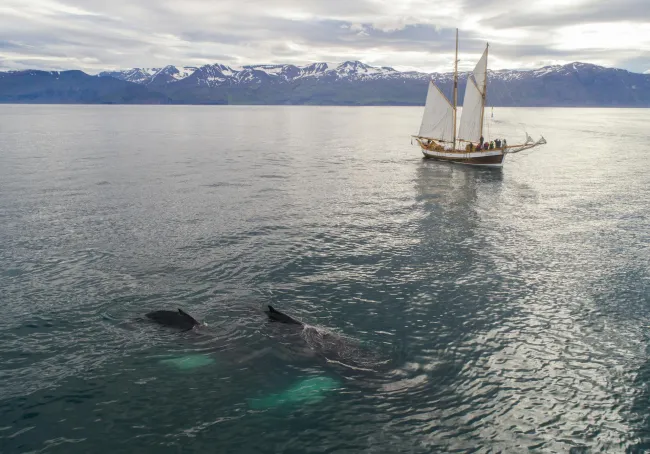
Pexels/Arthouse Studio
Make your voice count
Your voice is needed on these important issues. Here’s how you can take action — and why it matters.
Vincenzo Petitta/HSI
